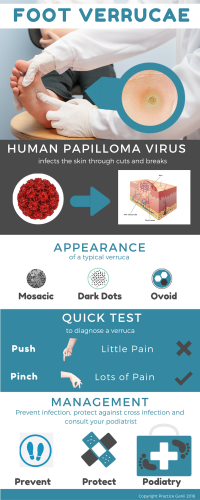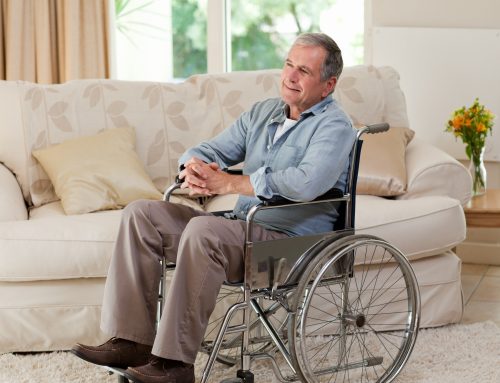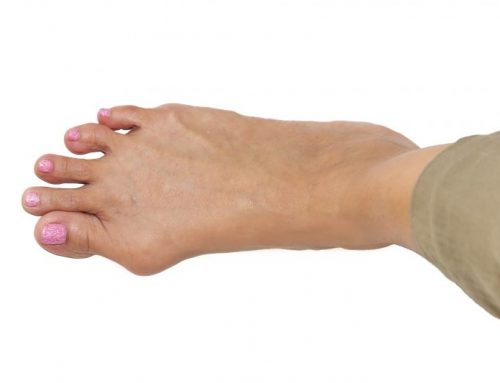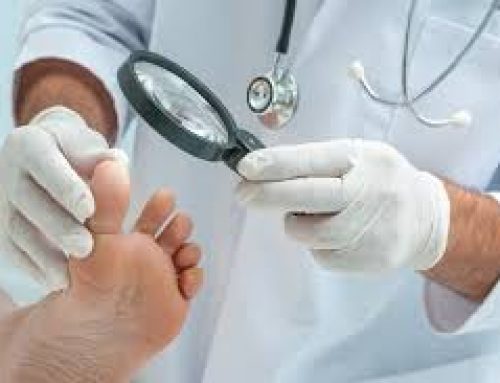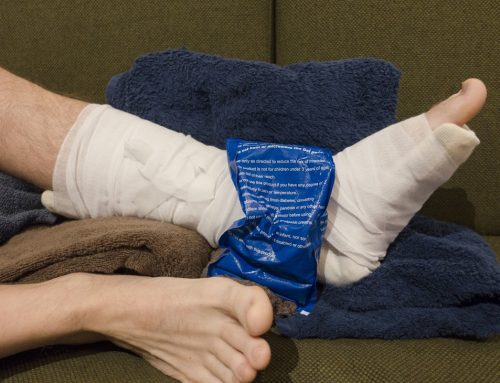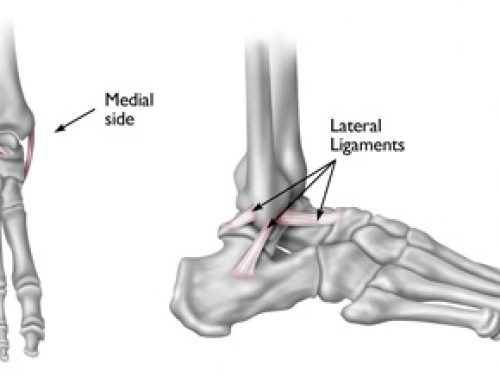Verrucae, commonly known as warts, are a growth of the Human Papilloma (HP) Virus. The virus is contagious and survives in damp areas such as changing room floors, swimming pools and shower areas. The HP virus is contracted through damaged or weakened skin from surfaces or direct contact. Warts are more common in school aged children, possibly due to increased physical contact in activities and play between children of this age.
The virus causes rapid generation of enlarged infected skin cells. Verrucae occur on any part of the skin but usually, appear on hands and the feet. Those on non-weight bearing surface will look like small lumps. Warts can have a mosaic and spotted appearance.
Plantar warts are verrucae that develop on the plantar (sole) surface of the foot. Plantar warts can be particularly painful , due the pressure of standing and walking. As the wart enlarges the pressure will forces it into the skin, which will feel like a embedded foreign object in the foot.
Your Podiatrist will assess the verrucae and determine the best course of treatment. There are various treatments available and the choice of treatment will depend on the size, site, number and any previous treatments, as well as age of the patient.
Treatments for verrucae include
● Medicated applications
● Cryotherapy and freezing
● Needling/ Surgery
Important Note: If you have poor circulation or you are diabetic, you should never self-treat verrucae.
To make an appointment with a Podicare Podiatrist for treatment, please contact us today on 92953471 or book online.
